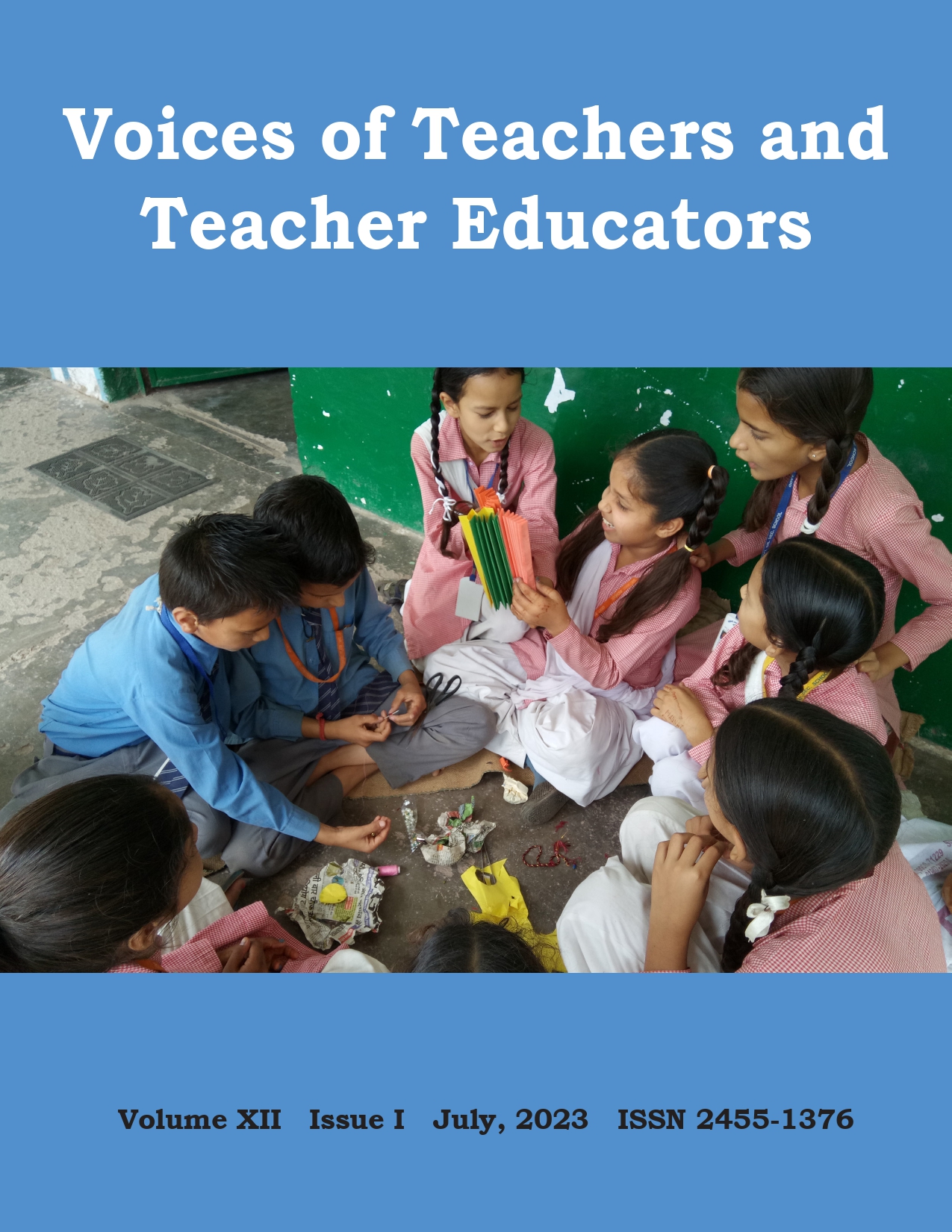Published 2024-12-11
Keywords
- Authoritative Discourse,
- Bakhtinian Thought
How to Cite
Abstract
This paper presents a part of a qualitative study conducted in three Indian classrooms (Delhi) — state-run, private and private-progressive schools. The study aims to understand the varying degree of meaningful engagement that the teachers of the three selected schools are able to provide during the pedagogical dialogue. The objective is to understand the discursive ethos of the selected classrooms. For the purpose of analysis, theoretical ideas and constructs proposed by Bakhtin (1981, 1984) have been used. The analysis helps in determining the conditions in which dialogue, from a Bakhtinian perspective, is most likely to occur and what is and can be the role of the teacher in promoting and sustaining dialogue. It helps in the systematic exploration of the following specific questions like, how ‘monologue’ plays a pivotal role in the reproduction of ‘hierarchical’ relationships between the teacher and the students; how classroom processes manifest themselves in a dialogic environment; how active ‘dialogic’ orientations develop in students during classroom discussions, further helping in the construction of ‘democratic’ and ‘egalitarian’ classroom cultures; how the nature of ‘multiple discourses’ work together in classroom communication and the discursive space that it provides to students.

